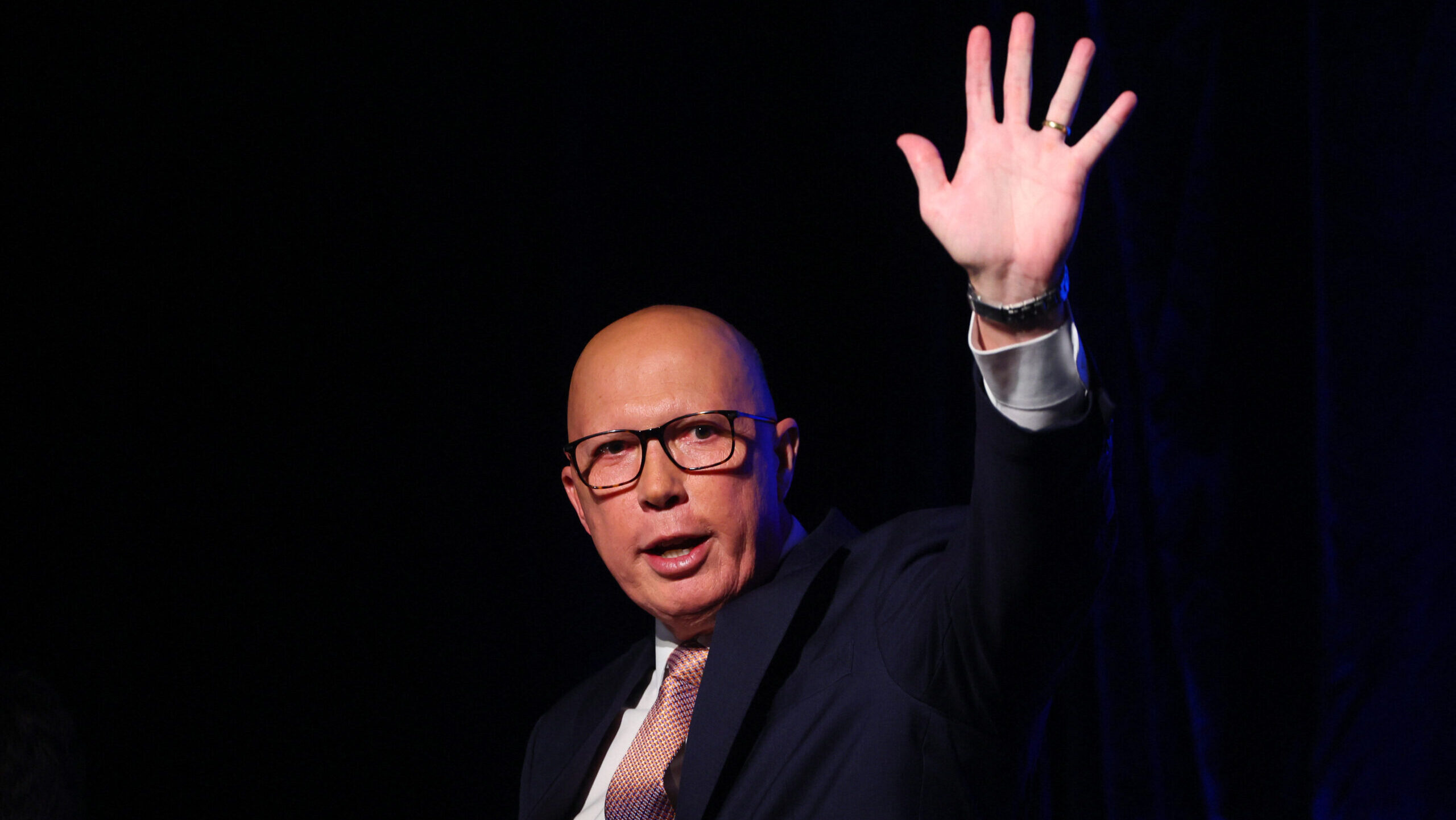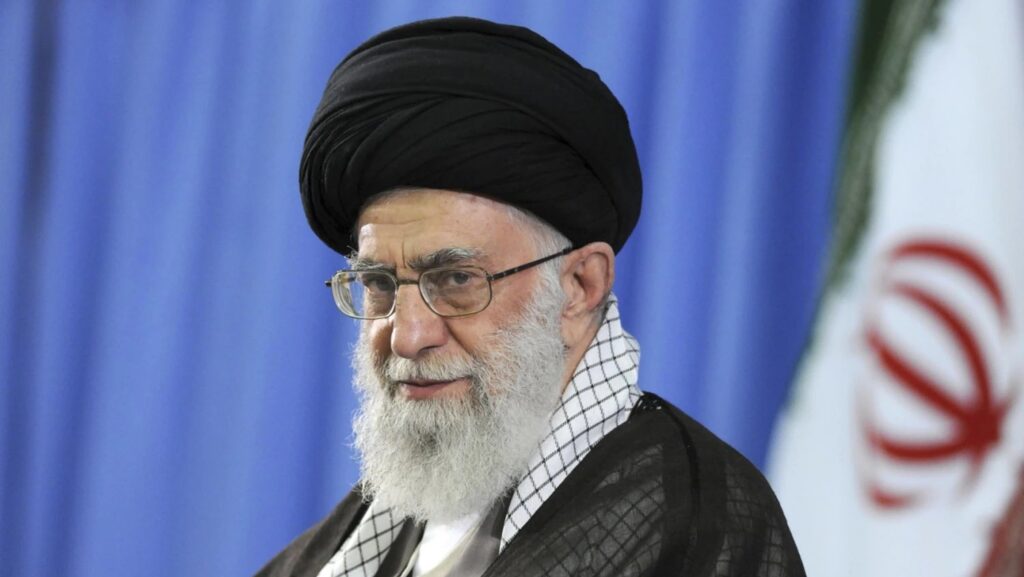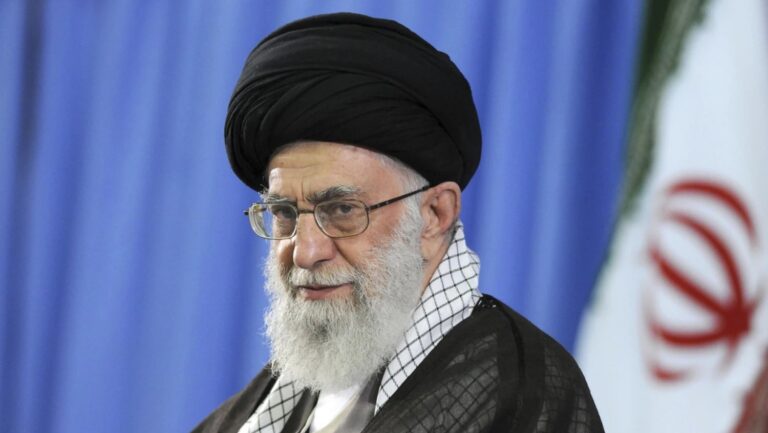Following last week’s upset victory by the Liberal Party in Canada, a similar scenario played out in Australia on Saturday, where Prime Minister Anthony Albanese’s Labour Party (ALP) secured a majority win over the centre-right Liberal Party led by Peter Dutton. Like Canadian Conservative leader Pierre Poilievre, Dutton also lost his long-held seat in Parliament—despite having appeared headed for victory just months ago.
Labour secured at least 85 seats in the 150-member lower house, giving the party a significant majority, while the Liberal–National Coalition led by Dutton won just 40. With his re-election, Albanese achieved a historic result, becoming the first Australian prime minister in more than two decades to secure consecutive three-year terms.
When Being Like Trump Doesn’t Pay Off
As in Canada, the Coalition had held a commanding lead in the polls over the ALP for much of the campaign—until momentum shifted in the final months, particularly after US President Donald Trump took office in January. In many respects, Dutton bore strong similarities to Trump—earning the label ‘Temu Trump’, a reference to the Chinese online marketplace—which had initially appealed to a large segment of the electorate. However, that appeal began to fade once Trump began implementing his agenda, especially the imposition of tariffs on close trade allies like Canada or Australia.
Already burdened by a cost-of-living crisis, many Australian voters viewed Trump’s tariffs as an existential threat. Albanese’s firm response to Trump—in contrast with Dutton’s Trump-like persona—proved increasingly appealing. ‘Before Trump’s election, the world was witnessing a continued rise in populist parties on both the left and right, generating an anti-incumbent bias in elections as voters punished governing parties. Canada was not immune to this trend, and it was one of the drivers of Pierre Poilievre’s popularity and rise in the polls. The aggressive, chaotic, confrontational and threatening way that Trump has gone about imposing his agenda has driven a resurgence in support for elites, institutions, and incumbents, which is undermining populist conservatism globally,’ Canadian senior conservative adviser Samuel Duncan told Hungarian Conservative in a recent interview.
The End of a Political Career
Dutton not only lost the national contest, but was also unseated in his own electorate in the northeastern state of Queensland, in a shock defeat to Labour’s Ali France. It was a further echo of events in Canada, where Poilievre lost his long-time seat in rural Ottawa. Dutton’s loss marked another historic moment, as he became the first sitting federal opposition leader in Australia to be unseated in his own constituency.
In his concession speech, Dutton took full responsibility for the Coalition’s failure and announced his resignation as leader of the Liberal Party, effectively ending his 24-year political career.
Related articles:







